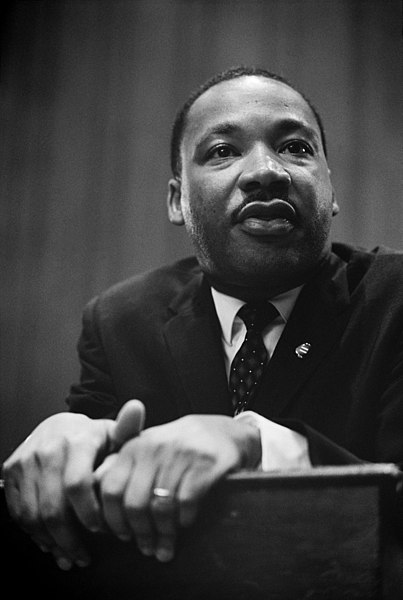St. Martin of Tours was born in 316 AD in what is now Hungary. Though we do not know the day of Martin’s birth, we do know the year and the location. These metrics are important because they put him in the time and place of the Roman Empire. We also know that Martin was a Christian who was inducted into the Roman Army to fight in Gaul. At the point of a major attack, however, Martin refused to go into battle saying as a Christian he was unwilling to take another man’s life. Imprisoned for cowardice, Martin was released when he offered to enter the battle unarmed as he said it was not his life for which he feared, but his Christian belief that he should not kill another.
It was in the town of Borbetomagus, which was later named Worms, in the nation-state of Germany, where Martin was to be sent to fight unarmed. Miraculously, the battle never occurred, Martin survived and two years later became a monk, then a priest, a bishop, and after his death a saint in the Catholic church.
A baby who would one day shake the foundations of Catholicism, was born on November 10 in Germany. We do not know the year. It could have been 1483 or possibly 1482, or maybe even 1484. Not even his mother was certain. But we know the day and place of his birth. These metrics are important because they place him in the Holy Roman Empire and ensured he would be baptized on November 11, the day of the Feast of Saint Martin, and thus the baby’s name was Martin. Martin would become a monk, a priest, and a protester against the Catholic church. He would ultimately defend his criticisms of Catholic doctrine at the Diet of Worms, in the very place where St. Martin was saved from certain death in a battle that never occurred.
When he was five years old, young Michael Jr. watched as his father packed old leather suitcases for the trip of a lifetime. Michael Sr., a successful Baptist pastor, would soon sail across the Atlantic Ocean to Europe in a great ocean liner. Arriving in France, he traveled by train to Germany. There he participated in a conference of Baptist pastors from around the world. The year was 1934, not long after Adolph Hitler’s Nazi party had seized political control of the country. A palpable undercurrent of unease buffeted the German people that was both political and economic as the entire world was still grappling with the Great Depression.
During his time in Germany, Michael studied the life, writings, and history of Martin Luther. He was so captivated by the story of the founder of the Reformation and his theology of faith, repentance, and grace that when he returned from Europe and to his church in Atlanta, Georgia, he changed his name from Reverend Michael King to the Reverend Martin Luther King.
Later Reverend King changed his son’s name from Michael King, Jr. to Martin Luther King, Jr. Many in the family continued calling young Michael by his birth name until he was killed in Memphis on April 4, 1968.
The thread that winds through the lives of St. Martin, Martin Luther, and Martin Luther King, Jr. carries more than a name. It also links them by the nature of the lives they lived. St. Martin of Tours was willing to risk certain death, standing unarmed in the face of his enemies because he refused to take another person’s life. Martin Luther was unwilling to support the poor peasants in Germany during the Peasant War of 1524 to 1525 because he did not believe in violence, and he accepted the words of Jesus and Paul that followers of Christ should subject themselves to civil authority. Martin Luther King, Jr. bravely stood in the face of vile hatred, bitter and extreme racism, understanding and advocating the power of nonviolence, even to the point of losing his life to those who followed the path of hatred.
Martin Luther King, Jr. would have been 93 years old on January 15 of this year. But he died at the age of thirty-nine on a balcony outside a modest hotel room in Memphis, Tennessee. Staring into the bigotry and the dark heart of the man who murdered him, people of good will are inclined to scream in anguish and frustration. But we are better informed by the words of the man who died, the son of a Baptist preacher, when he said: “Hate cannot drive out hate; only love can do that.”
Source: This column contains information found in the award-winning book Martin Luther by Eric Metaxas, 2017, Viking Press, which I highly recommend.
Image: Wikimedia Commons


